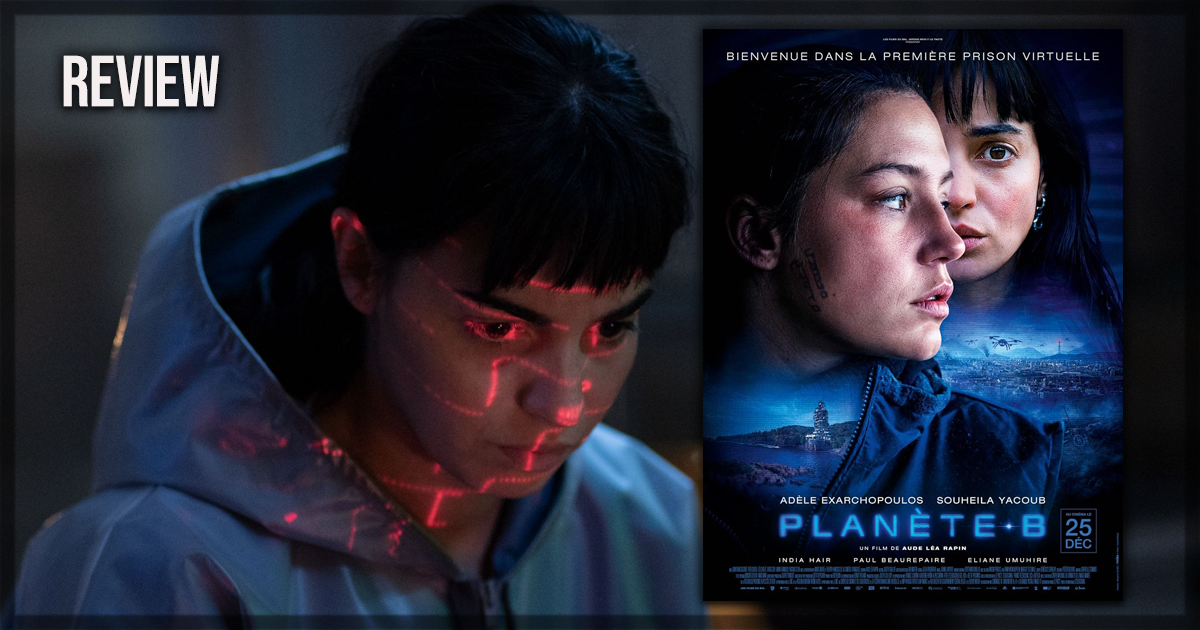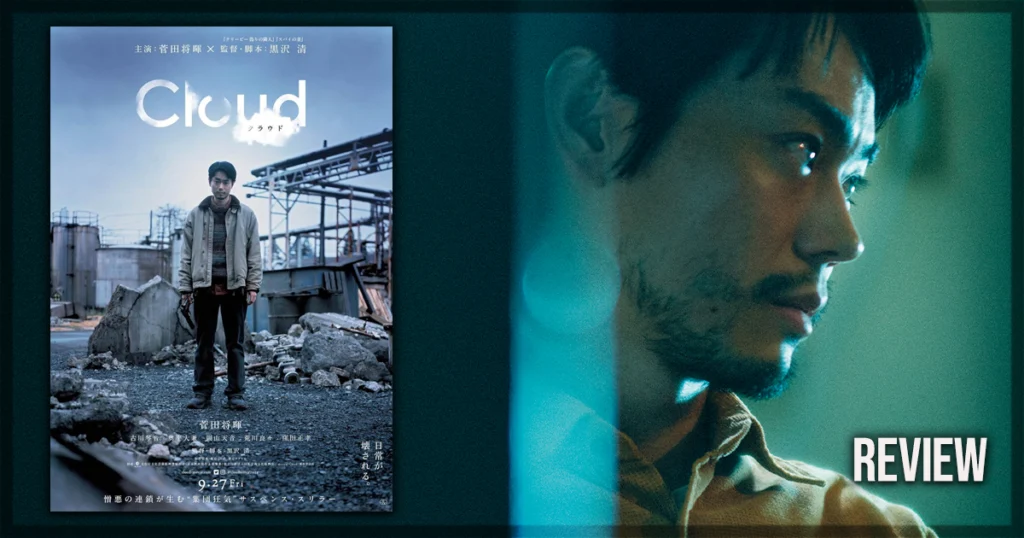The cinematic format holds the privilege of imagining numerous variables of what the future may be like. The screen platforms artists to compose frames through camera lenses to reflect on the present and create a future through imagery. In this sense, the French director Aude Léa Rapin, who previously directed the Cannes Semaine de la Critique title Les Héros ne Meurent Jamis in 2019, imagines the possibilities of repression. In Planéte B, Rapin sets a 2039 France. In a divided society, people must follow curfews and have permission to live in the country by the state, which controls severely the permits. Then, we follow two different perspectives. Firstly, there is Julia (Adéle Exarchopolos), a member of an activist group that is deemed an eco-terrorist group by the government. Another viewpoint is from Nour (Souheila Yacob), a young woman who works as a cleaner in state buildings and intends to move to Canada. When Julia is caught in an operation to stop the ecoactivist group from working, she disappears and discovers a parallel world where political detainees get jailed. Nour is their only way out of there.
Rapin tries to articulate between the sci-fi, the political, and the drama in a clever metaphor for political prison and the European refugee crisis. While it takes a long moment to create an organized cord of ideas to follow, the film leans more into the refugee metaphor. In a straightforward approach, the rough treatment of the poorly paid labor and the slums formed in downtown Paris emphasizes the lack of nuance in portraying its fantasy. The director creates a reality that works throughout the state’s power to control the classes that separate the government from the basis of the pyramid. The apartheid analogy also serves for the digital prison, the specific Planéte B in the title. It balances the two worlds possible in that universe in the year 2039. There is the possibility of the virtual, where the government condemns and tortures its nemesis, but there is also the material world, where people are not allowed to circulate freely.
Even though the political conceits are not subtle and elaborated, they reflect upon a specific time frame. The one that we are living in right now, which apartheids the class fight is incited between the labor and the bourgeois, and not at the different levels of inequalities. It is a fascinating contrast and idealization of the dangers of the digital world and how risky AI is allied to public surveillance and the depoliticization summed to the more extensive interests of the status quo. In this sense, Rapin thrives in creating this beach, and the paradisical place holds a prison objective instead of the freedom the seaside allows. It contains its prisoners from exploring rather than being the departure. This juxtaposition excites in its brief moments of development on the screen before it escalates to a simplistic violent climax to answer its questions that were engaging enough until that point.
Adéle Exarchopolos and Souheila Yacob work well together as two different perspectives of the same motivation. They perform two women who wish to change their lives and take care of their loved ones. In Nour’s case, it means moving to Canada, while in Julia’s, it means finding her friends who have disappeared for more than four years. They find a manner to help each other because their tomorrow depends on it. It is an engaging chemistry to watch, while the film has the privilege of having the two best French actresses of the generation. They control the emotions between despair, friendship, and support convincingly. Their association is what keeps the film on track. It showcases the two talented actors who provide moments of freshness to the dense and disjointed story.
Planéte B questions a reality in which corporations and the state control individuals’ free choice. It discusses the limits of punitive actions and how the state’s lack of transparency unfairly punishes its detractors. Regardless, it loses itself in plenty of ideas that do not have exploration. The multiple discussions fall in the territory of Sci-Fi that leans into the other genres, in this case, the jail drama, to broaden its concepts. It is half-cooked most of the time. Yet, the stellar duo of Adéle Exarchopolos and Souheila Yacob shine together on the scene. They bring a dynamic duo to a flawed, inventive dystopic Sci-Fi. As a whole, it works as an imaginative film that presents new ideas in its concept. Nevertheless, Rapin’s inexperience lacks the maturity to develop its ideas narratively and visually.
Planéte B recently screened at the Venice Film Festival.
Learn more about the film at the title’s official website.


